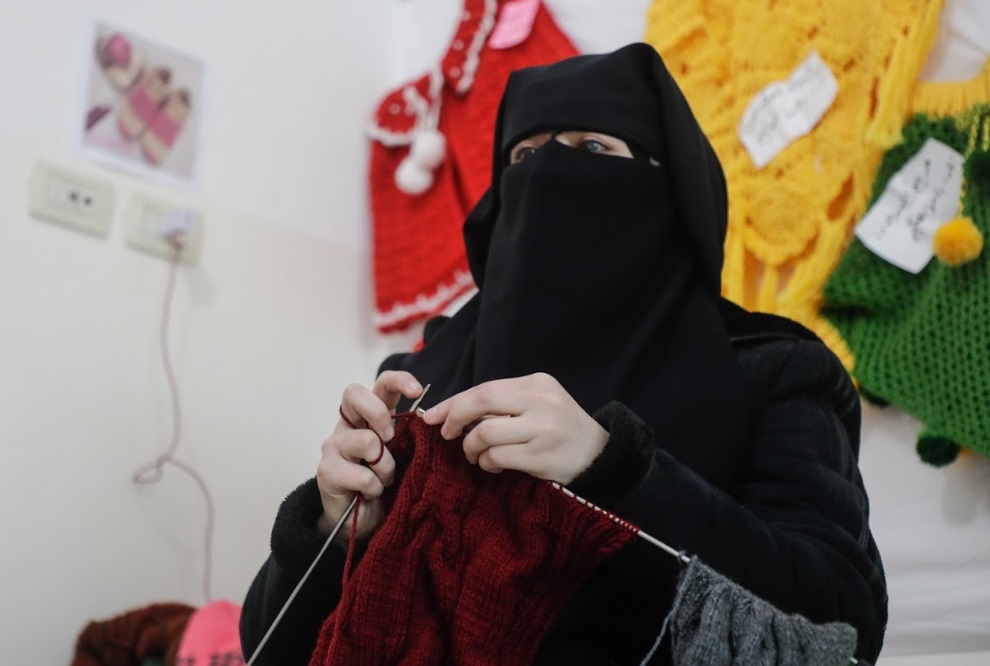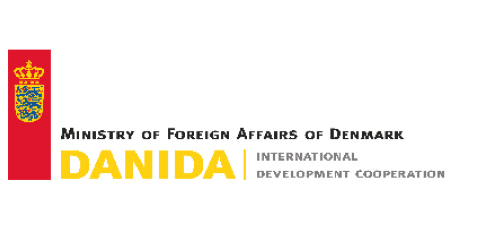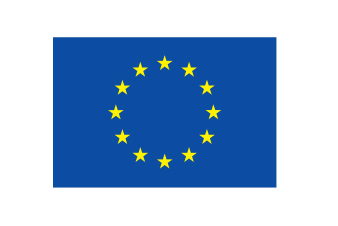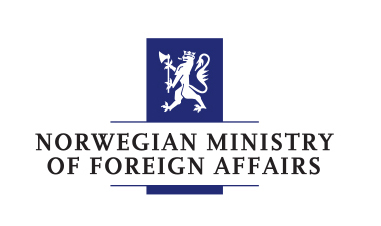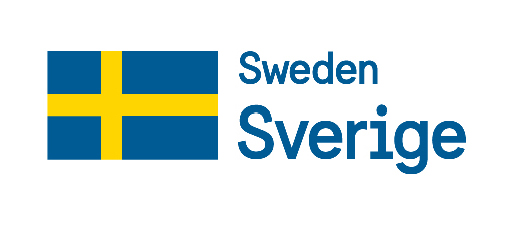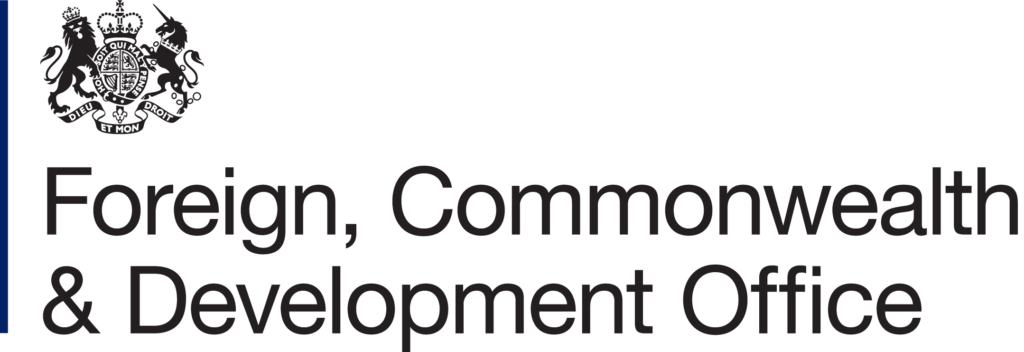Duaa (not her real name), 26, suffered from a disease called cataract when she was a child. After years of cloudy vision, she completely lost her vision when she was 14 years old. With her family’s support and her strong will, she was admitted to a school for visually impaired students. “When God puts us in a difficult situation, he also opens new doors for us. We have to keep our heart and mind open to be able to see what life holds for us,” the young woman says.
After graduating from high school, Duaa enrolled in university to study social psychology. When the conflict in Syria started, Duaa and her family had to flee the fighting and intense bombing in her home town. But Duaa refuses to lose hope: “Life is full of different challenges and difficulties. We can either stay strong and overcome those challenges or just see them as obstacles and never succeed in our life.”
When Duaa heard about the support provided by members of the Syria Resilience Consortium (SRC), she immediately applied for a vocational training program run by the International Rescue Committee (IRC) to learn how to knit and make beautiful clothes. As part of the SRC, the IRC and five other organizations work closely together to support and empower people with disabilities like Duaa. For Duaa, Humanity and Inclusion’s experts helped adapt the work environment to her needs, for example by sorting yarn in different boxes to help her distinguish between different colors. The International Rescue Committee then labeled these boxes in braille, and developed a manual on knitting for her in braille.
Those around her never cease to be amazed by her ability to make distinctions by using other senses than vision. “When people look at me and see my work, they realize that I am capable of doing what other people do. I hope this will raise awareness in society and will change the way they see disabled people and will start valuing their strengths and abilities.”
Since 2016, the SRC has supported more than 5,400 persons with disabilities in improving their living conditions through vocational training and business grants that help them earn a living.
“No matter how bad and dark the situation might seem, nothing lasts forever, not even war. I am going to learn new things, work hard and I really hope that in the future I will be able to teach other blind people. God didn’t create me to be miserable. I want to find happiness in the things I love the most.”
